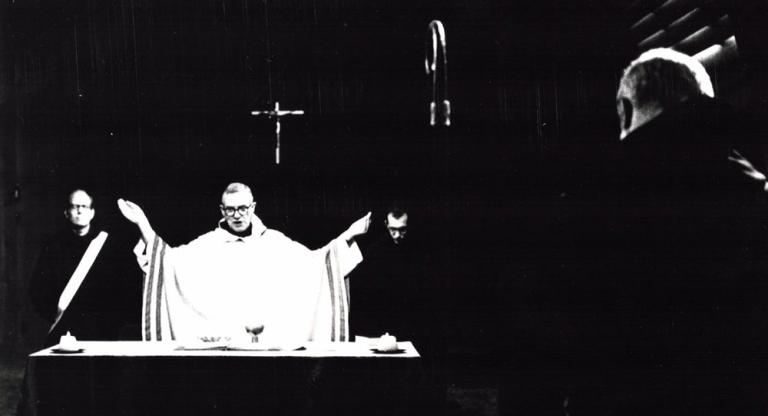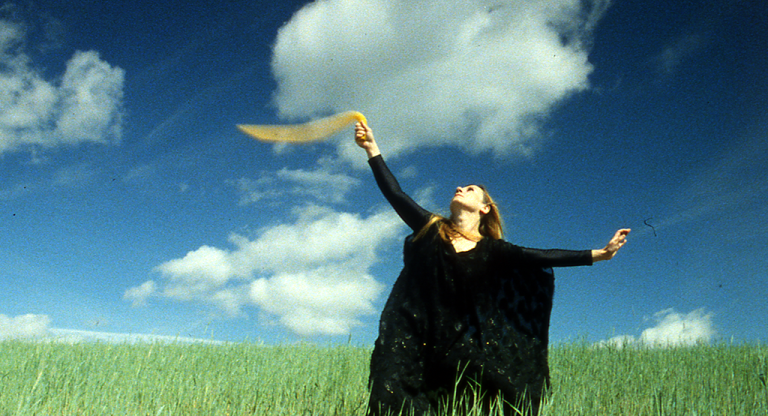
If astonishing verité footage of everyday life on a remote Philippine island sounds up your alley, then Brilliante Mendoza’s 2012 drama Thy Womb is just the ticket. But beyond the stunning local landscapes and show-stopping did-you-see-that?! nature moments—a tortoise lays its midnight eggs, a cow rides upright upon a cruising canoe, a pair of sharks encircles the underwater camera—the film has so much more to offer in the way of simple human rituals that have somehow become almost obsolete, at least for those of us who spend more time on the Internet than IRL.
The film follows Shaleha, an infertile midwife (played by national cinema superstar Nora Aunor) through the slow and painful process of picking a younger woman for her fisherman husband to satisfy his irrepressible desire for children. Throughout the journey, we get a peek into the rhythms and routines that define a very different way of life; Mendoza’s handheld, wide-angle view puts birth, death, marriage, and other important rites of passage (of particular interest: a traditional Filipino Muslim wedding) in perspective when taken in tandem with seemingly ordinary actions such as cleaning fish, weaving straw, or tending a gunshot wound with an herbal poultice. Though the plot may be thin and the characters quiet, the images alone make up for all that. If the rainstick doesn’t do it for you, maybe the bundle of hanging umbilical cords will. “This one has a large dowry,” says a neighbor, to Shaleha. The dialogue seems anachronistic—as if from a period piece—when in fact, on further reflection, this is still the dominant culture of marriage today, whether on the isolated isle of the Philippines’ Tawi-Tawi or our own megacity here in Manhattan. Sometimes it takes this kind of inversion from another world to register the image as a reflection.


